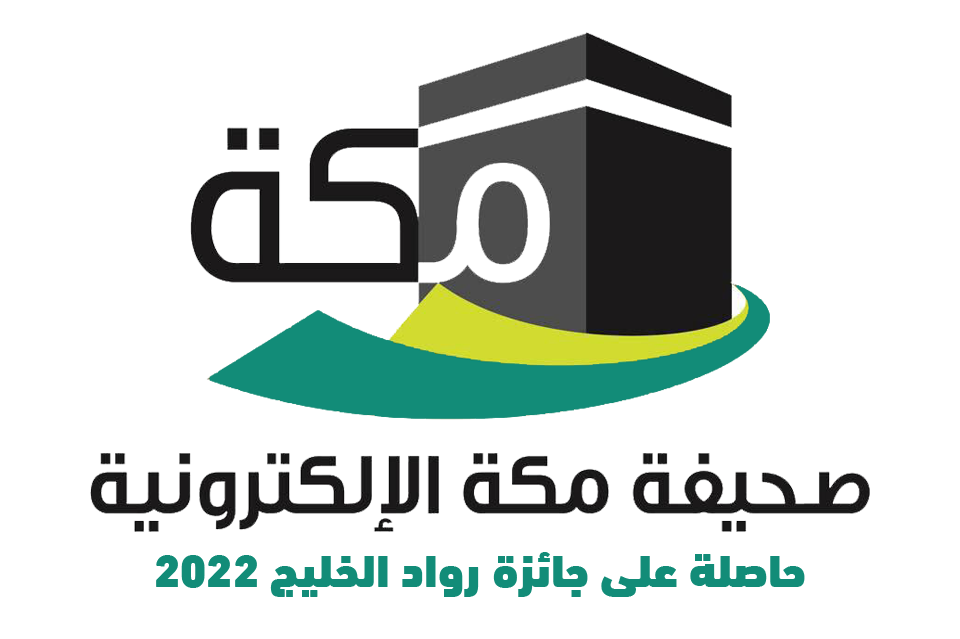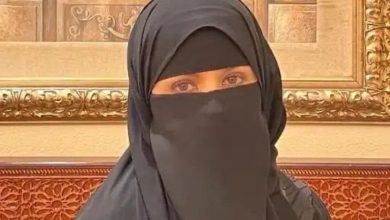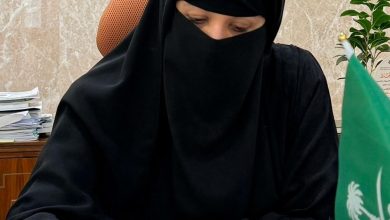The last six years have witnessed serious government investment in advancement with Saudi women’s issues, education, and rights improvements no exception in this regard. In fact, women’s advancement has experienced a steady increase in status ever since King Salman’s arrival to power. Vision 2030(recent national development plan) has brought in many positive changes for women and family. As the Kingdom of Saudi Arabia (KSA) leads the 2020 G20 summit, with Saudi Arabia (SA) having assumed the G20 2020 Presidency in 2019, the world is witnessing an unprecedented Covid–19 pandemic. Concurrently, the world is amazed at how well SA has handled the cases with it being one of countries with the lowest number of infections and deceased.
The last decade has witnessed significant growth in the number of Saudi female students and faculty members in Saudi higher-education institutions. This has been matched both by the increased number of women (thousands) who receive scholarships to study in Western countries and the expansion in the number and range of career opportunities available to Saudi female graduates in many fields. The main objective of developing women’s education is for Saudi women to be active participants in and contributors to the knowledge-based economy as intended in Vision 2030.
Women in Saudi Arabia are now at the forefrontof the country’s image. Many gains to women granted by the Saudi monarch have contributed to enhancing their status and obtaining more rights on the road to achieving gender equality and supporting them in achieving success at the national and international levels. This progress has allowed Saudi women to play an important role in national development, which should accelerate the pace towards achieving Vision 2030.
In his highness King Salman’s speech at the ShuraCouncil on November 20 2020, of which 30 women have been appointed now representing one third of the members, King Salman pledged to continue efforts “to empower Saudi women and raise their participation rates in the public and private sectors.“ He expressed his “pride in the increase in the economic participation rate of women from 19.4% by the end of 2017 to 23.2% by the end of 2019“ (a 3.8% increase in two short years).
Saudi women have made historic gains during King Salman’s reign. In the first year of his rule, the first municipal elections in the Kingdom’s history where women participated as voters and candidates were held on December 12, 2015. This culminated in 21 women winning seats in the municipal council elections in its third session. Also for the first time in history, two Saudi women were appointed as ambassadors. Princess Reemabin Bender Al Saud is the first Saudi female ambassador in USA, and Amal Yahya Al-Moallimi is theambassador to Norway. And three Saudi women are now cultural attaché in the United Kingdom, Morocco,and Ireland.
Many gendered changes have occurred in a very short amount of time. As of June 24 2018, Saudi women are allowed to drive following the implementation of a historic order issued by the Saudi monarch on September 26, 2017. This allowed women to obtain a driving license “according to Sharia regulations.” The ability for women to drive has opened many doors for them. As noted, KSAhas witnessed a 23.2% increase in the rate of women’s economic participation since 2017. This number continues to rise with improved access to public transportation making still more of an impact. The goal is a 30% participation rate by 2030. On February 14, 2018, women were also allowed to start their own businesses and benefit from government services without the need for a male guardian’s approval. And, in 2019, women were allowed to register for marriage or divorce and apply for official documents without a male guardian’s permission.
The wellspring of being part of the new world order that has enabled this amount of progress in such a short period of time is the Saudi King and the crown prince of Saudi Arabia. Furthermore, there are now tremendous achievements and opportunities for women in the blooming education and economic sectors. Respecting ongoing efforts to improve Saudi women’s capabilities to make meaningful progress at the public policy level,KSA continues to positively challenge (and sometimes change) those cultural and societal rules or impediments that interfere with further development. Saudi leaders, government members, King Salman and Crown Prince Mohammed bin Salman mastermind Vision 2030. This vision is one of the principal factors that has helped Saudi women achieve improvements in their educational status. It also laid the groundwork for the requirements for achieving additional advancement.
The last six years have marked the beginning of a new period of growth in Saudi women’s education and rights overall. An important driver of this growth is Vision 2030, which, since its launch, has resulted in great positive changes for women’s education, rights and participation in the work force. Another driver is thetransformational strategy being implemented over a six-year period with the goal of creating a highly skilled workforce of Saudi men and women that will contribute to a more diversified and Saudized economy.
We Saudi women promise to overcome any challenges we face to make our nation and our government proud of our achievements in years to come.We will do our very best to enhance the global presence of the Kingdom of Saudi Arabia through projecting women’s accomplishments and lasting contributions.







